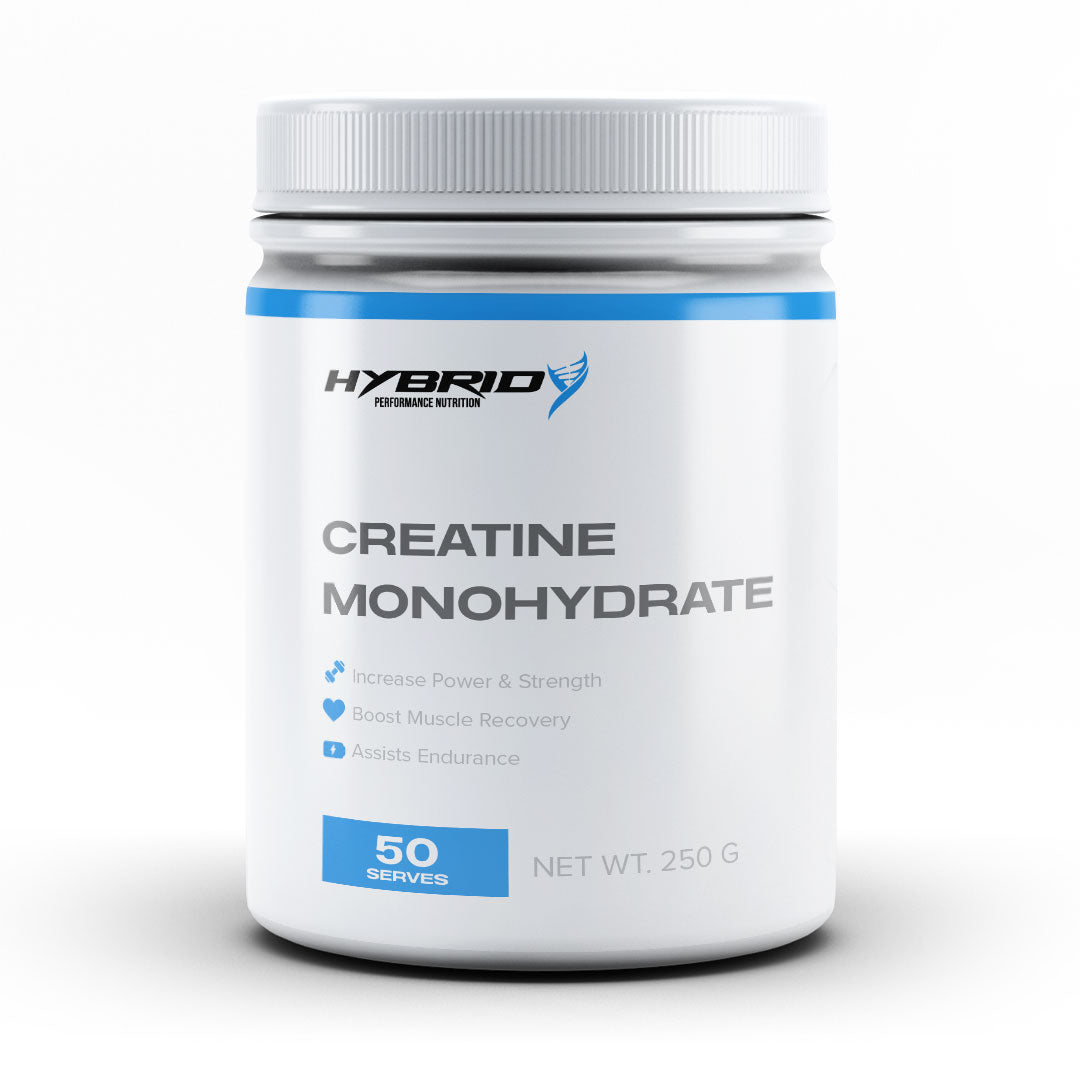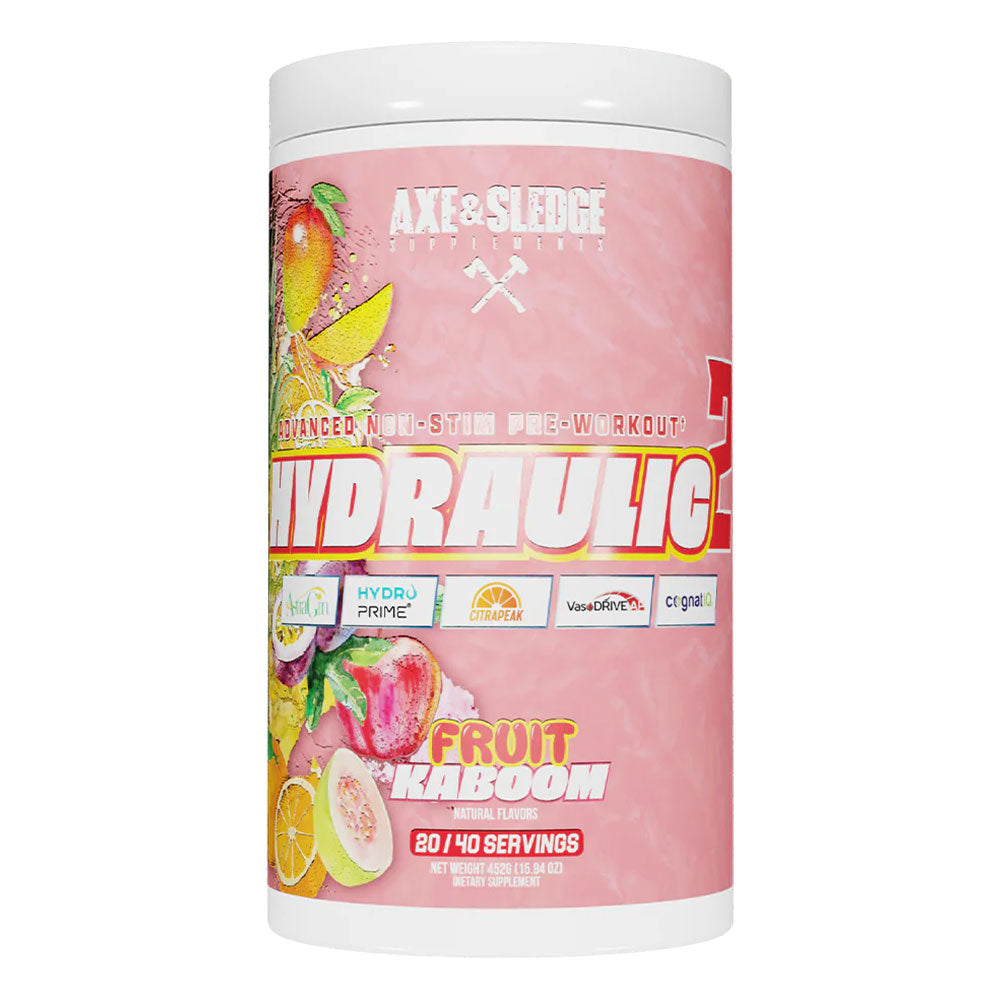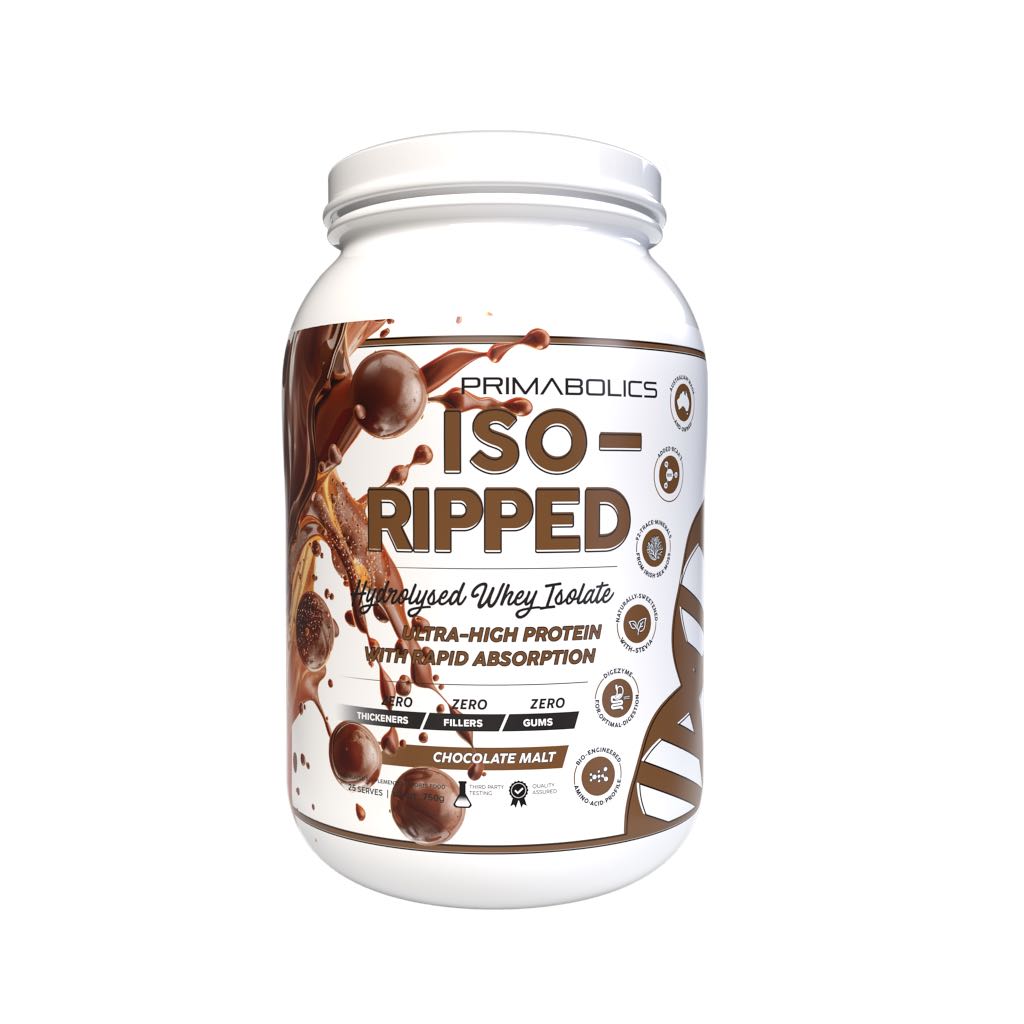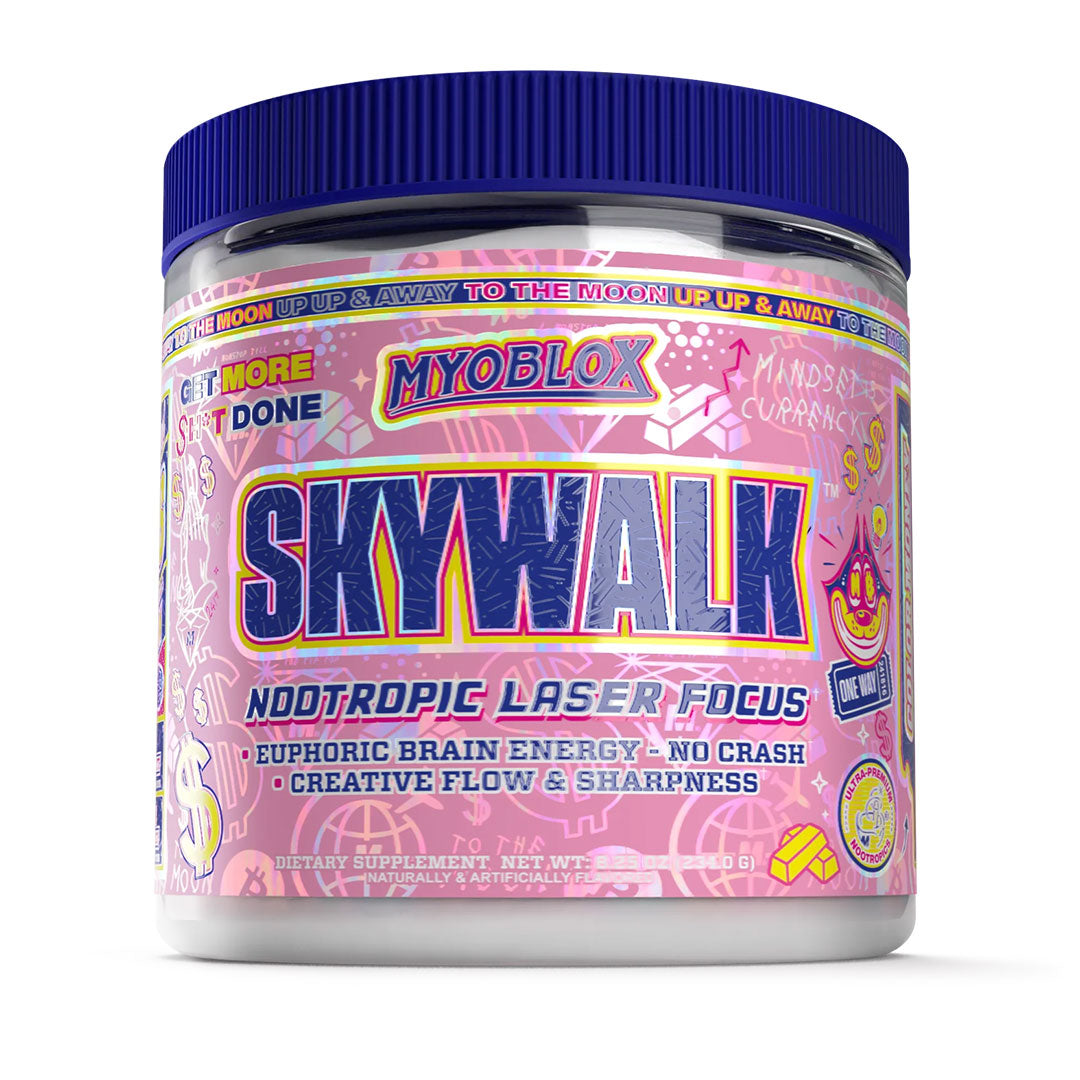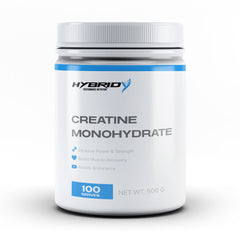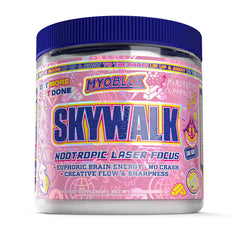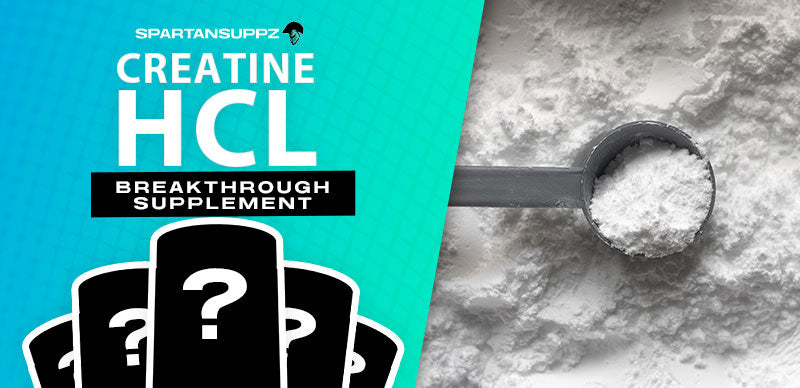Introduction
Creatine is one of the most researched and popular supplements in the fitness industry. It's renowned for its ability to enhance athletic performance, increase muscle mass, and improve exercise recovery. Among the various forms of creatine available in the market, Creatine HCL (Hydrochloride) has gained significant attention. This form of creatine is believed to offer unique benefits, setting it apart from its counterparts. In this article, we delve into the specifics of Creatine HCL and explore its significance in the world of supplements.
What is Creatine HCL?
Creatine HCL is a form of creatine bonded with hydrochloric acid. This unique combination results in a compound that has a different chemical structure compared to other creatine forms.
-
Definition: Creatine HCL is essentially creatine that has been attached to a hydrochloride molecule. This bond enhances the stability of the creatine molecule, potentially leading to better absorption in the body.
-
Chemical Structure: The addition of the hydrochloride group lowers the pH of the creatine, making it more acidic. This change in pH is believed to enhance its solubility in water.
-
Differences from Other Forms:
- Solubility: Creatine HCL is more soluble in water compared to other forms like creatine monohydrate. This increased solubility can lead to better absorption and potentially fewer side effects like bloating.
- Dosage: Due to its enhanced solubility and absorption, the required dosage of Creatine HCL might be lower than other forms.
- Purity: Creatine HCL often boasts higher purity levels, ensuring that users consume a premium-quality product.
In conclusion, while all forms of creatine offer benefits, Creatine HCL stands out due to its unique chemical structure and the advantages that come with it. Whether you're an athlete or someone looking to enhance your workouts, understanding the nuances of this supplement can help you make an informed choice.
